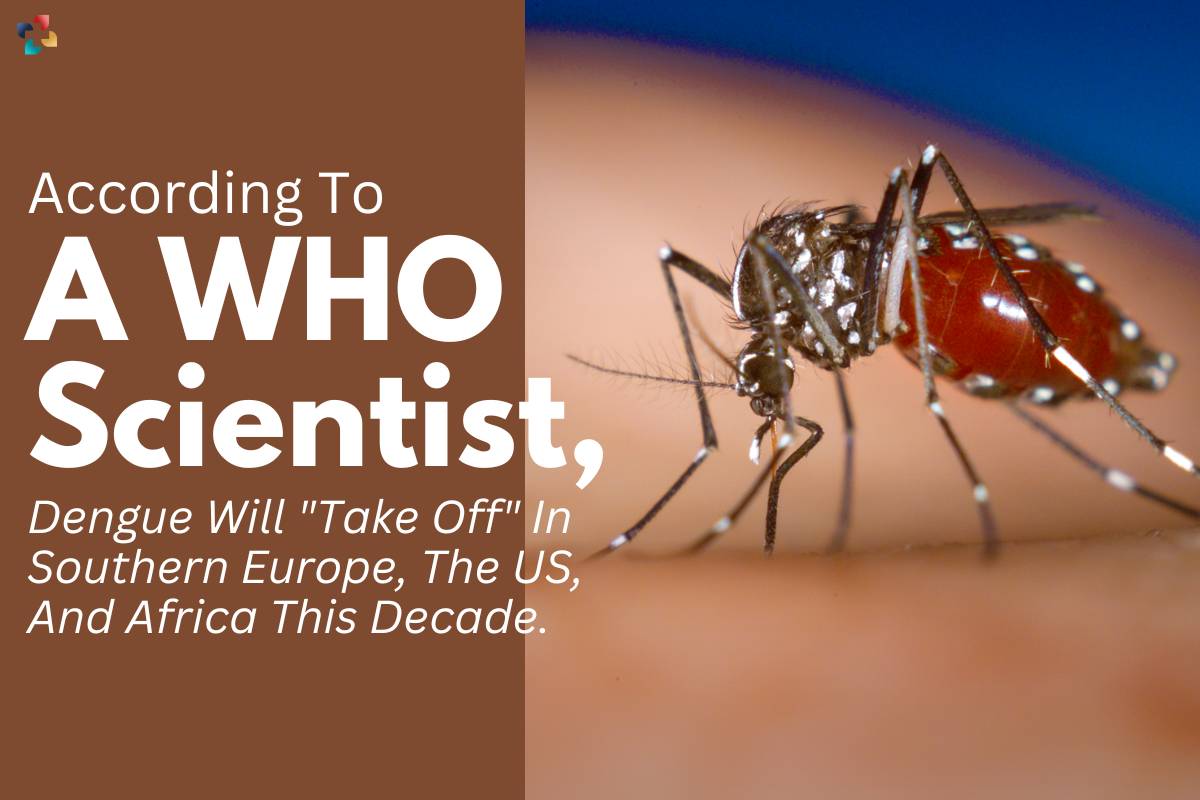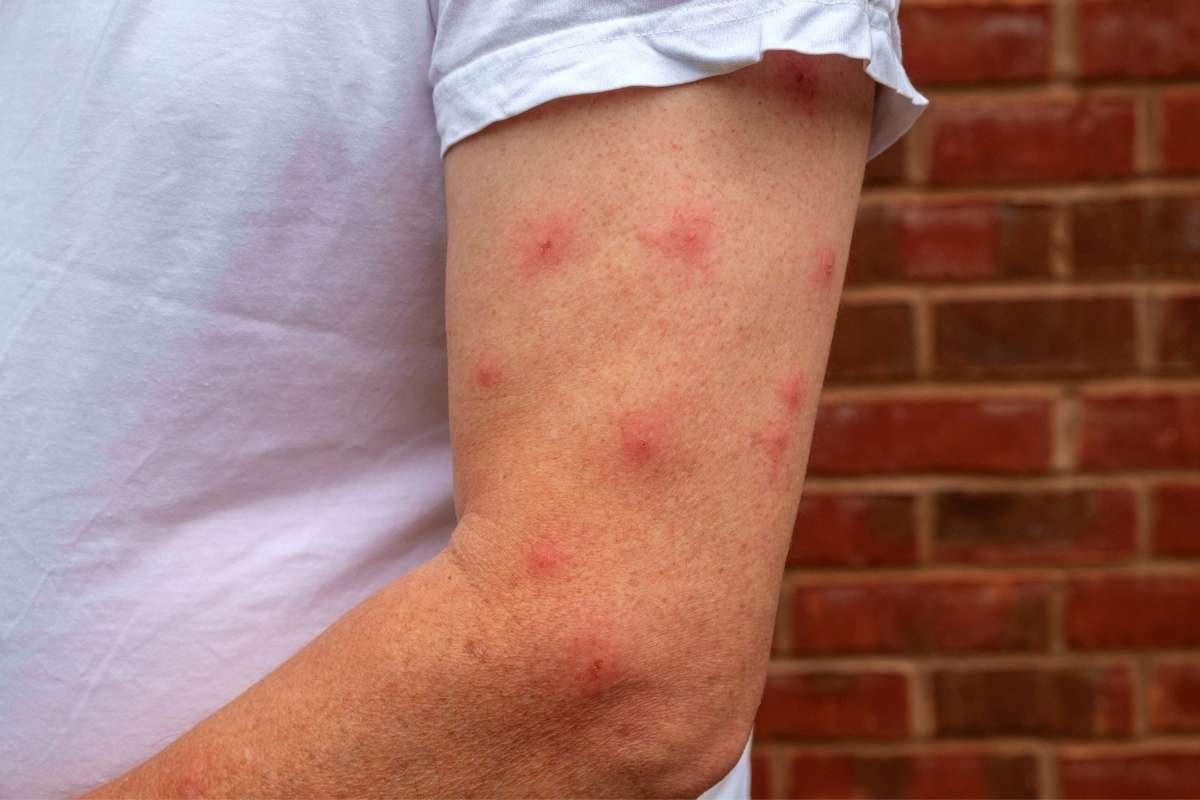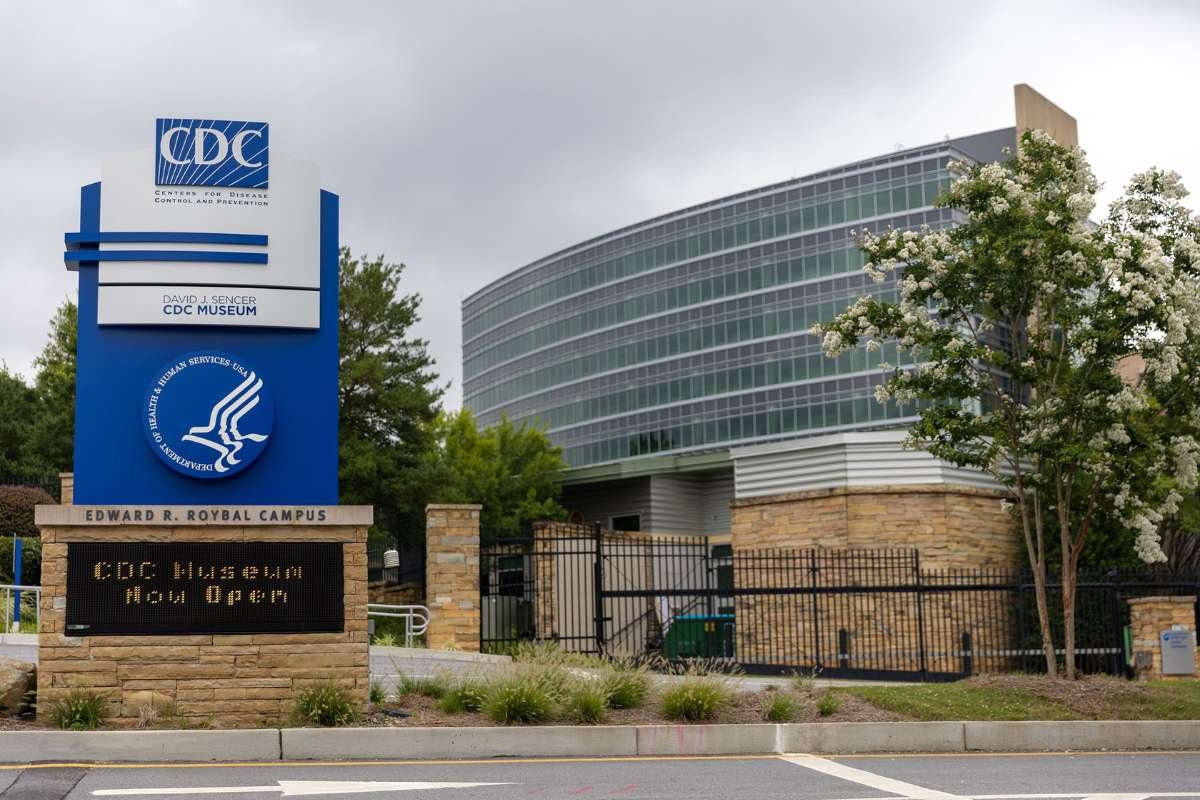The head scientist for the WHO predicted that dengue fever will pose a serious concern in the southern United States, southern Europe, and new regions of Africa this decade as higher temperatures encourage the spread of the mosquitoes that transmit the disease. The disease has long been a scourge, killing an estimated 20,000 people annually in parts of Asia and Latin America. Since 2000, the disease has already increased eight-fold in prevalence worldwide, mostly due to urbanisation, increased human migration, and climate change.
Public health officials have warned that this year is likely to see near-record levels of transmission despite the fact that many cases go unreported. In 2022, 4.2 million cases were registered globally. More than 1,000 people have died in Bangladesh’s biggest epidemic ever as of late.
Jeremy Farrar, an infectious diseases expert who joined the World Health Organisation in May of this year, told Reuters that “we need to talk about dengue much more actively.”
“Countries need to be adequately prepared for how they will handle the increased pressure that will develop in the future in many, many large cities.”
Farrar previously spent 18 years researching tropical diseases, such as dengue, in Vietnam. Before joining the WHO in May of this year, he later served as the director of the Wellcome Trust Global Health Charity and provided advice to the UK government on its COVID-19 response.
Dengue Explained in 5 Minutes
As global warming makes additional locations suitable to the mosquitoes that carry it, Farrar said the infection is expected to “take off” and become endemic in portions of the United States, Europe, and Africa – all regions where there has previously been some limited local transmission. He cautioned that this will severely strain hospital systems in many nations.
“The clinical care is really intensive; a high nurse-to-patient ratio is needed,” he stated. “I’m really concerned when this affects sub-Saharan Africa significantly.”
Since most dengue patients do not exhibit any symptoms, it is believed that the true case rate is far greater than what has been officially recorded. Those who do so may develop “break-bone fever,” which is characterised by a fever, muscle spasms, and extreme joint pain. Less than 1% of the time, it might be lethal in severe circumstances.
Although there is a vaccine for dengue, there is no specific treatment. In locations where the virus is a serious public health issue, the WHO earlier this week advised children aged 6 to 16 to receive the Qdenga vaccine from Takeda Pharmaceuticals (4502.T).
The EU regulator has also authorised Qdenga, however Takeda withdrew its application in the US early this year because to problems with data collecting. Takeda stated that it was still in discussions over the vaccine with the American Food and Drug Administration. According to Farrar, preparing new areas of the world for dengue includes making sure that any public health funding are used appropriately, including on the most effective mosquito control measures.
Aedes aegypti mosquitoes carrying dengue exhibit different behaviour from those transmitting malaria. For instance, they bite people all day long rather than just at night when they are inside. They also breed in water that is relatively shallow.
According to Farrar, effective prevention would entail hospital triage strategies, scientific advancement, and other crucial elements like urban design to prevent regions of standing water near or in homes. We must bring together many industries that are not accustomed to cooperating, he remarked.









